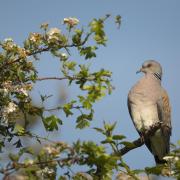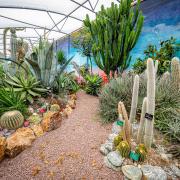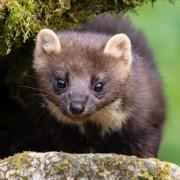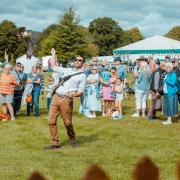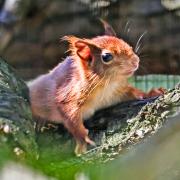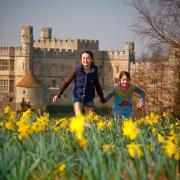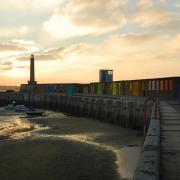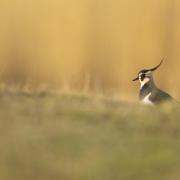Help wildlife on your doorstep by joining an Ecology Group and help collect valuable data for research purposes
Citizen science is all over the place these days; there are more and more opportunities to explore your interest in wildlife and make a real contribution to conservation. The Wildlife Trusts across the UK have been doing it for years of course, with hundreds of volunteers engaged in some form of wildlife-related activity.
Here in Kent, the Wildlife Trust is developing its citizen science offer with a scheme called Ecology Groups. Our funders, stakeholders, trustees, members and the public, increasingly demand and deserve an evidence base to show the efficacy of our conservation efforts.
We must demonstrate that our management is effective and appropriate both now and in a changing climate, and Ecology Groups are a key part of our strategy.
What are Ecology Groups?
Launched in Kent in 2014, Ecology Groups are a science-backed, volunteer-led approach designed to support our wildlife monitoring aims, set up and managed by Dr Paul Tinsley-Marshall, the Trust’s Conservation Evidence Ecologist.
Paul says: “Being part of a team monitoring wildlife on our nature reserves is a fantastic way to learn more about wildlife and to get out and enjoy the countryside. We are building a support and training network to enable people of all experience levels, from complete beginners upwards, to undertake surveys that contribute to our conservation work.”
What’s new in 2016?
If you have a passion for plants, fancy grappling with ground beetles, or roaming with reptiles then there are plenty of opportunities to get involved. This year, we are launching new Ecology Groups in the Darent Triangle and the Blean Woodland Complex, as well as continuing our work in the Medway ‘Smile’ area.
Paul adds: “Our long-term aspiration is to establish Ecology Groups in each Living Landscape, rolling them out to other areas such as Dover Downlands, Lower Stour Wetlands, Romney Marshes, Sevenoaks and Thanet.”
Who can join Ecology Groups?
No special skills are required, only an interest and willingness to learn.
Why not attend one of our Wildlife Study Days (www.kentwildlifetrust.org.uk/discover-learn/wildlife-study-days), or simply pick up skills by attending field-survey sessions?
Anyone is welcome to join in, regardless of experience. There are no membership nor subscription fees; instead volunteers give their time, contributing to the collection of the data we need to assess our work.
What are Living Landscapes?
The Trust’s ‘Living Landscapes’ approach is about creating places for people close to where they live – bringing people to nature, but more importantly bringing nature to people.
It’s about exploiting the potential of the natural environment to deal with problems, such as creating natural wetlands to store floodwater and provide for wildlife at the same time. Most of all, it’s about thinking big, creating a connected countryside from horizon to horizon.
Want to get involved?
Then please contact Paul at paul.tinsley-marshall@kentwildlife.org.uk; check out the Ecology Group webpages at: www.kentwildlifetrust.org.uk/wildlife/ecology-groups; and join our Facebook group ‘Kent Wildlife Trust Ecology Groups.’ It’s a great way to keep in touch, find out about upcoming projects, and share photos and identification tips.
w




